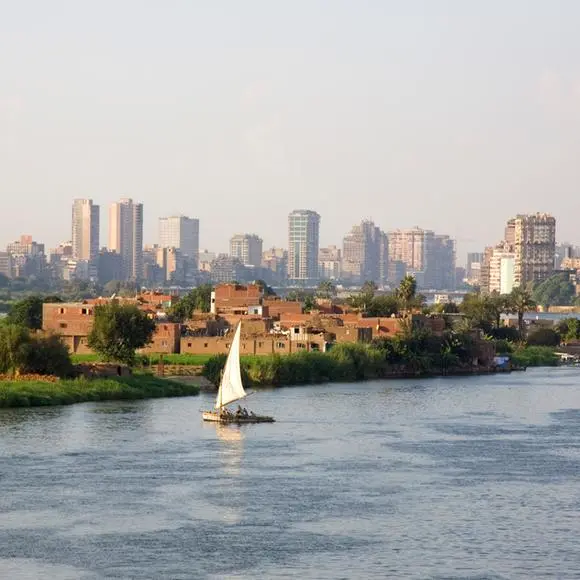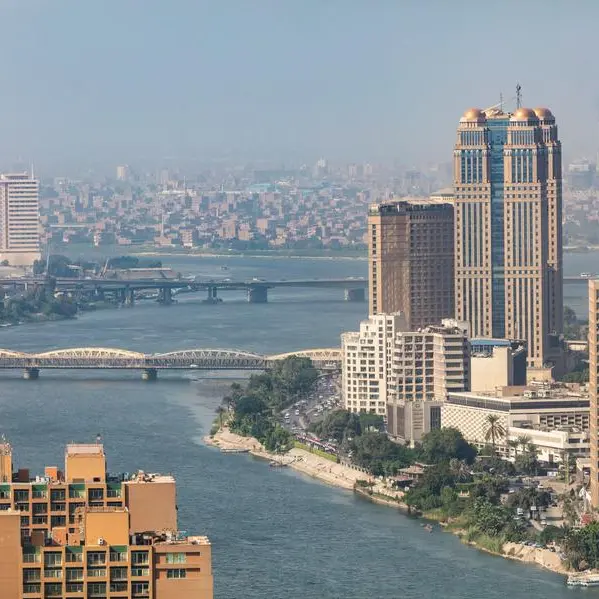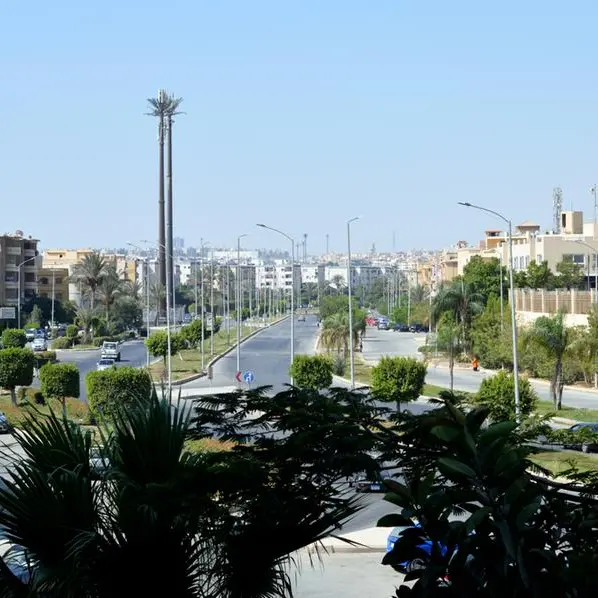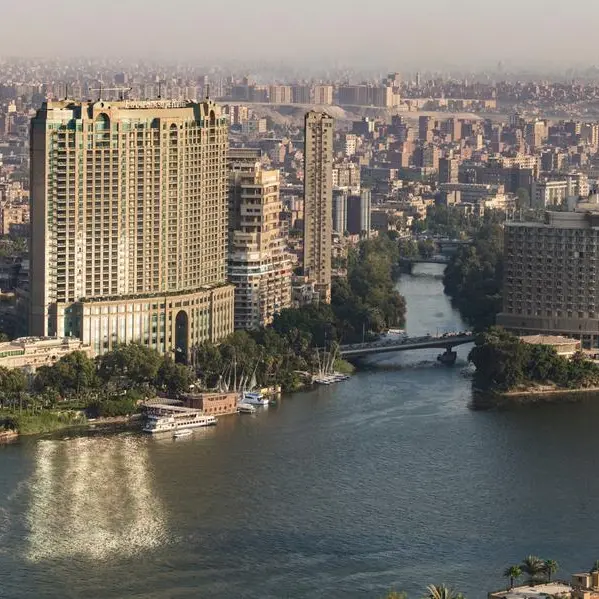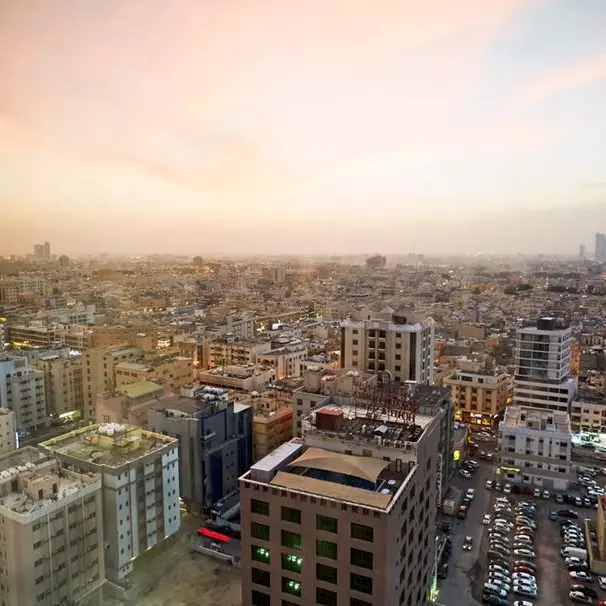Bahrain could emerge as a leader in ocean investment in the region as it works to further diversify its national economy.
A white paper, titled ‘The Blue Economy: New Investment Potential in Bahrain’ highlights how the country could earn major revenue from investments in fish farms, mangroves and coral reefs preservation.
Written by Bahraini student Shaikha Aya bint Hisham Al Khalifa, who studies at Boston University in the US, the document also highlights interviews with Supreme Council for Environment (SCE) chief executive Dr Mohammed Bin Daina and Belgian economist Prof Gunter Pauli, who coined the term Blue Economy in 2010.
They both discussed Bahrain’s vast potential for investing in the Blue Economy, including the feasibility of aquaculture activities and reducing dependency on exports.
Blue Economy is sustainable use of ocean resources for economic growth, improved livelihood and jobs, and ocean ecosystem health.
The World Bank Group’s definition of a Blue Economy
“Bahrain has been simultaneously investing in the environment and working to diversify its economy,” said Shaikha Aya.
“With oil reserves depleted, it’s easy to think of our country as limited in its natural resources, but a view like this ignores the biggest resource surrounding us: the ocean itself.
“Economists suggest it is the seventh-largest economy in the world with its value estimated at $2.5 trillion.”
The document suggests that Bahrain’s 2030 Economic Vision could be further advanced by investment in coral reef preservation which would encourage growth of sea life and increase fish stocks, while also permitting the creation of commercial fisheries.
“This increases the amount of fish sold, creates job opportunities in the marine market and opens up new eco-tourism opportunities, all of which ultimately stand to have a positive impact on Bahrain’s economy,” explained Shaikha Aya.
“Bahrain’s status as the only island state in the Middle East has made it a leader in terms of ocean investment.
“The nation has taken steps to invest in its environment through the establishment of the Pearl Route and the creation of the world’s largest underwater dive park; now, it continues to promote local environmental developments.”
Shaikha Aya added that despite the broader move towards investment in natural resources and the environment, no Middle Eastern country has successfully integrated the concept of the Blue Economy.
“Bahrain has been a clear innovator in the region, and to remain a leader, it must encourage growth through principles inspired by the notion of the Blue Economy,” stated the white paper.
Between 2002 and 2017, Bahrain has managed to diversify its economy, increasing the non-oil sector from 58 per cent to 82pc of the economy.
However, non-oil revenue is still less than oil revenue as between 2002 and 2019, this decreased from 33pc to 25pc.
In the document, Dr Bin Daina explained the feasibility of aquaculture activities in Bahrain including culturing a variety of specifies.
“Bahrain has a good potential for fish farming because of the climate, location, coastal area, and market,” he was quoted in the document.
“Many types of aquaculture activities are feasible, and a wide range of aquatic species could be cultured.
“Bahrain’s potential for environmental investment can be an even greater player in driving the global future economy.”
Prof Pauli, meanwhile, said Bahrain can learn from El Hierro in Spain which has transformed with an ocean investment plan, making it one of the most self-sufficient islands in Spain using local power, water, fish and meat, and fruit and vegetables.
“The implementation of the Blue Economy concept in Bahrain is both possible and necessary,” said Professor Pauli, who was quoted in the research.
“First, Bahrain must evaluate and identify the natural resources of the country, learning how they are currently generating profit.
“Second, Bahrain must switch from applying a standard business model – in other words, generating profit regardless of the environmental cost – to applying the Blue Economy model.
“The profit model, in the long run, is problematic and unsustainable.”
He also explained that as resources dwindle, it will be impossible for Bahrain to be sustainable with its current business model.
“With the Blue Economy, the country will identify the value of resources it has, like the coral reef example, and learn how to increase that value,” said Prof Pauli.
“Essentially, Bahrain must empower more local product development in the private and public sector.”
This process, he said, would reduce dependency on exports and allow for more local-based initiatives.
“Money and capital would then continue to circulate in the Bahraini economy and grow – a process called the ‘money multiplier’.”
Also interviewed in the white paper is Animal and Environment Protection Charity Organisation president Shaikha Marwa bint Abdulrahman Al Khalifa, who said it is important to engage, empower and educate the community in the process.
The GDN reported in March on six plots of land being identified across Bahrain to be used to boost agricultural production and fish farming as part of efforts to ensure food security
The move is expected to raise the local production of vegetables up to 20pc and also achieve 50pc to 62pc self-sufficiency in fish.
The proposed sites for fisheries other than Ras Hayyan are East Al Dor, East Ras Al Qurain and Ras Al Bar in the Southern Governorate.
© Copyright 2019 www.gdnonline.com
Copyright 2020 Al Hilal Publishing and Marketing Group Provided by SyndiGate Media Inc. (Syndigate.info).
